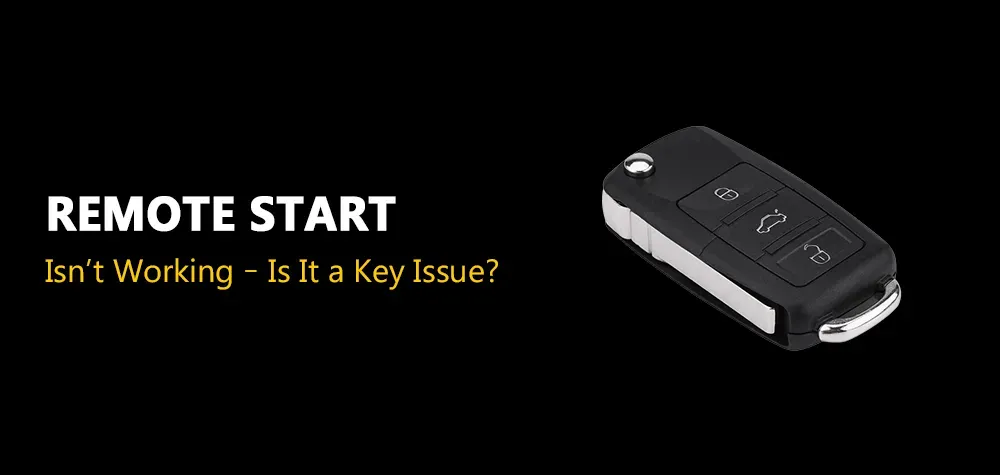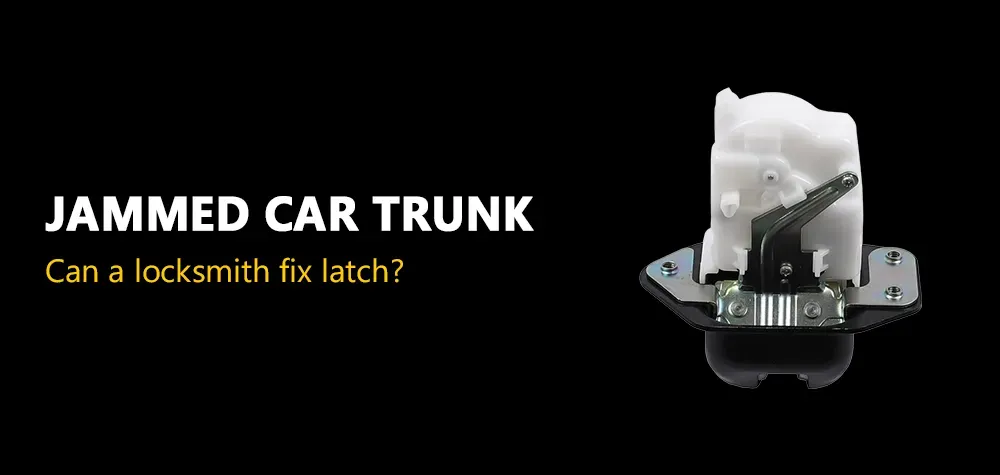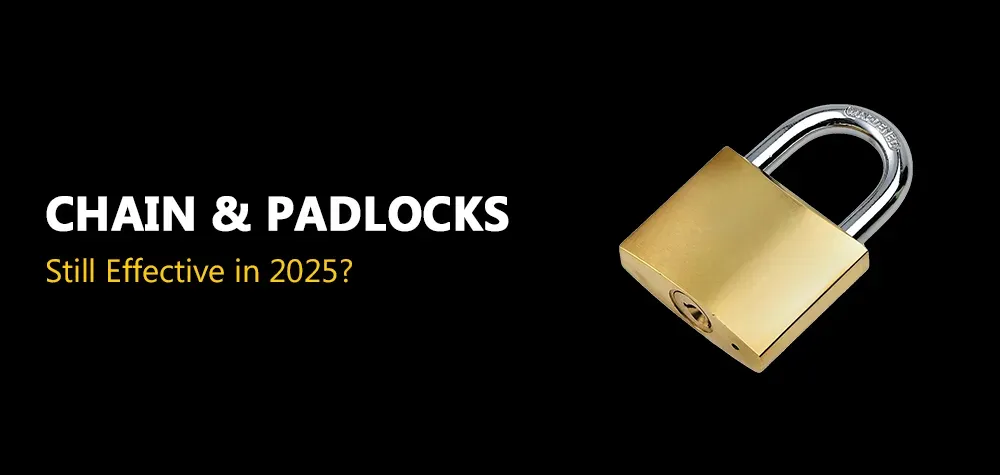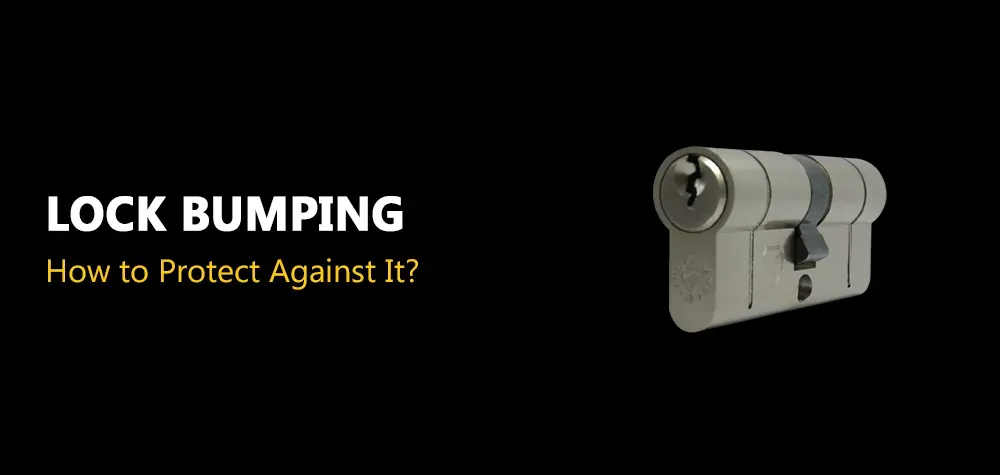Rusty Lock Won’t Turn? Quick Fixes to Try Before Calling a Locksmith
Few things are as frustrating as struggling with a lock that refuses to turn, especially when you're in a hurry or it's the only way into your home, car, or office. A rusty lock isn’t just an inconvenience; it’s a sign of wear and exposure to the elements that, if left untreated, can become a costly problem. Before you reach for the phone to call a locksmith, there are several quick fixes you can try to get your lock working again. With the right approach, you can often restore functionality and save yourself both time and money.
Best Rust-Resistant Locks for Outdoor and Front Doors
Understanding Why Your Lock Won’t Turn
A lock that refuses to budge usually points to one of several common issues. Rust is often the primary culprit, as moisture exposure leads to corrosion inside the locking mechanism. Dust and grime can also accumulate over time, causing internal components to stick. In some cases, the problem isn’t the lock itself but the key—perhaps it's worn, bent, or not inserted properly. Freezing temperatures can cause condensation inside the lock, leading to ice formation that locks up the mechanism. Identifying the root cause can help you choose the best solution without causing further damage.
Step-by-Step Solutions to Try
1. Apply a Lubricant to Loosen the Rust
One of the simplest and most effective fixes is lubrication. A dry lubricant like graphite powder is ideal, as it won’t attract dirt and grime. However, if you don’t have graphite on hand, WD-40 or even a household oil-based lubricant can help in the short term. Spray or apply the lubricant directly into the keyhole, then gently insert and remove the key multiple times to help distribute it inside the lock. After a few tries, you may notice the mechanism moving more freely.
2. Use a Rust Dissolver for Severe Corrosion
If lubrication alone isn’t doing the trick, the rust buildup might be too severe. In this case, a rust dissolver like white vinegar or a commercial rust remover can break down the corrosion. Soak a cotton swab in the solution and carefully apply it inside the keyhole, letting it sit for a few minutes before attempting to turn the key again. If the lock is removable, you can even submerge it in vinegar for a deeper clean.
3. Heat Can Help Break Through a Frozen Lock
In colder climates, locks often freeze due to trapped moisture. If you suspect ice is the issue, a simple solution is to warm the key using a lighter or match and then insert it into the lock. This gentle heat can melt the ice and free up the mechanism. A hairdryer directed at the lock can also help if you prefer a safer method.
4. Check the Key for Damage or Misalignment
Sometimes, the issue isn’t with the lock but the key itself. If your key is worn down, bent, or has debris stuck to it, it may not be engaging with the internal pins correctly. Try using a spare key if you have one. If the spare works smoothly, you know the issue lies with the original key rather than the lock.
5. Gently Tap the Lock to Free Stuck Components
If dirt or rust buildup has caused the internal pins or springs to stick, a gentle tap may help loosen them. Using the handle of a screwdriver or a small rubber mallet, lightly tap the lock while attempting to turn the key. Be cautious not to use excessive force, as this can damage the mechanism.
When to Stop and Call a Locksmith
While these DIY fixes work in many cases, there are times when it’s best to stop and seek professional help. If the key breaks inside the lock, attempting to extract it yourself may push it further in, making removal more difficult. If the lock remains unresponsive after multiple solutions, the internal components might be beyond simple repair. Additionally, if the lock is part of a high-security system, tampering with it could void warranties or compromise security.
Expert Advice on Preventing Future Lock Issues
Prevention is always better than cure. Regular maintenance can help you avoid future lock troubles. Experts recommend applying a dry lubricant every few months to keep the internal components moving smoothly. If your lock is exposed to the elements, consider installing a weatherproof cover or applying a rust-resistant coating. Keeping your keys in good condition by avoiding excessive force and replacing them when they show signs of wear can also prolong the life of your locks.
Conclusion: A Little Care Goes a Long Way
A rusty lock can be an unexpected nuisance, but with the right approach, it doesn’t have to ruin your day. By understanding the causes and applying these quick fixes, you can often restore functionality without professional intervention. However, knowing when to call a locksmith is equally important to avoid worsening the problem. With regular maintenance and mindful use, you can ensure your locks remain in top condition for years to come. So, the next time your lock refuses to turn, take a deep breath, try these solutions, and save yourself the hassle of an unnecessary locksmith call.
Call Us Any Time!









